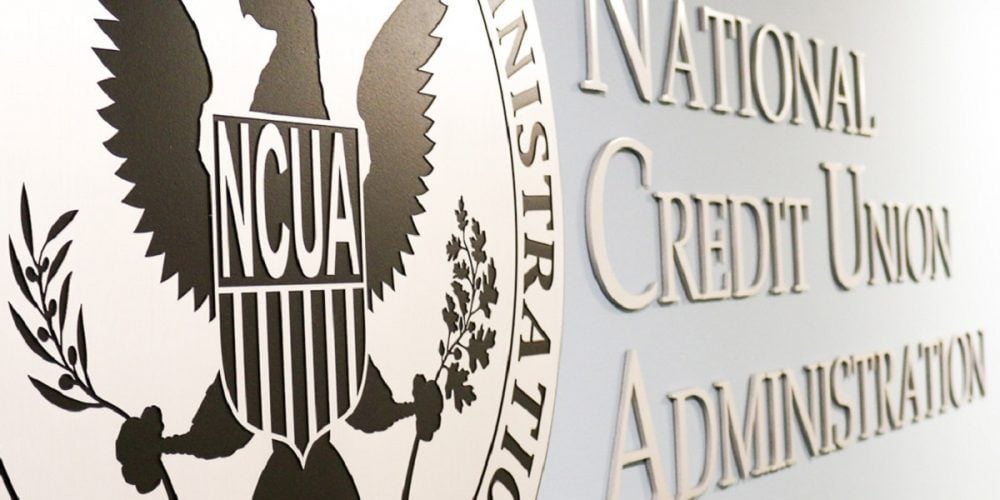GAO report highlights NCUA oversight of troubled credit unions

Author’s Note: Hi All—I want to take the time to introduce myself to the credit union community. My name is Justin White and I started at NAFCU in August 2021 as a Regulatory Compliance Counsel. I graduated from Suffolk University Law School in May 2020 with an interest in financial services and government regulatory law. I am excited to continue pursuing these interests as a Regulatory Compliance Counsel and I look forward to serving NAFCU members.
The Government Accountability Office (GAO) recently published a report discussing its recommendations to strengthen NCUA oversight over troubled credit unions . The report focuses on NCUA’s activities from 2010-2020, with a specific focus on credit union failures during this time frame. While economy of scales and competition from non-depository financial services companies led to an increase in credit union consolidation and asset concentration, losses to the National Credit Union Share Insurance Fund (NCUSIF) also dwindled. During the same period, the GAO report assesses NCUA did not fully implement NCUA’s own Office of Inspector General (OIG) recommendations to strengthen oversight over the credit union industry. Here are some of the report’s main findings:
Credit Union Failures Declined Last Decade, With Losses to NCUSIF Increasing Only in Two Years of the Decade
Over the last decade, credit union assets grew while failures and losses to the NCUSIF declined—with only measured increases in 2012 and 2018. The report finds credit unions that did fail were typically smaller than the industry median and had higher loan portfolio concentrations, such as having a high concentration of taxi medallion loans. The reasons for these failures varied depending on the size of the credit union. The NCUA OIG linked credit union failures to insufficient board or committee oversight, passive and untimely NCUA action, the credit union’s own lending practices, the credit union’s risk-management practices, the credit union’s loan portfolio concentration, weak or non-existent NCUA guidance, and a lack of NCUA resources. The report frequently cites committee or board oversight and NCUA examination supervision and oversight as reasons a credit union failed.
continue reading »
